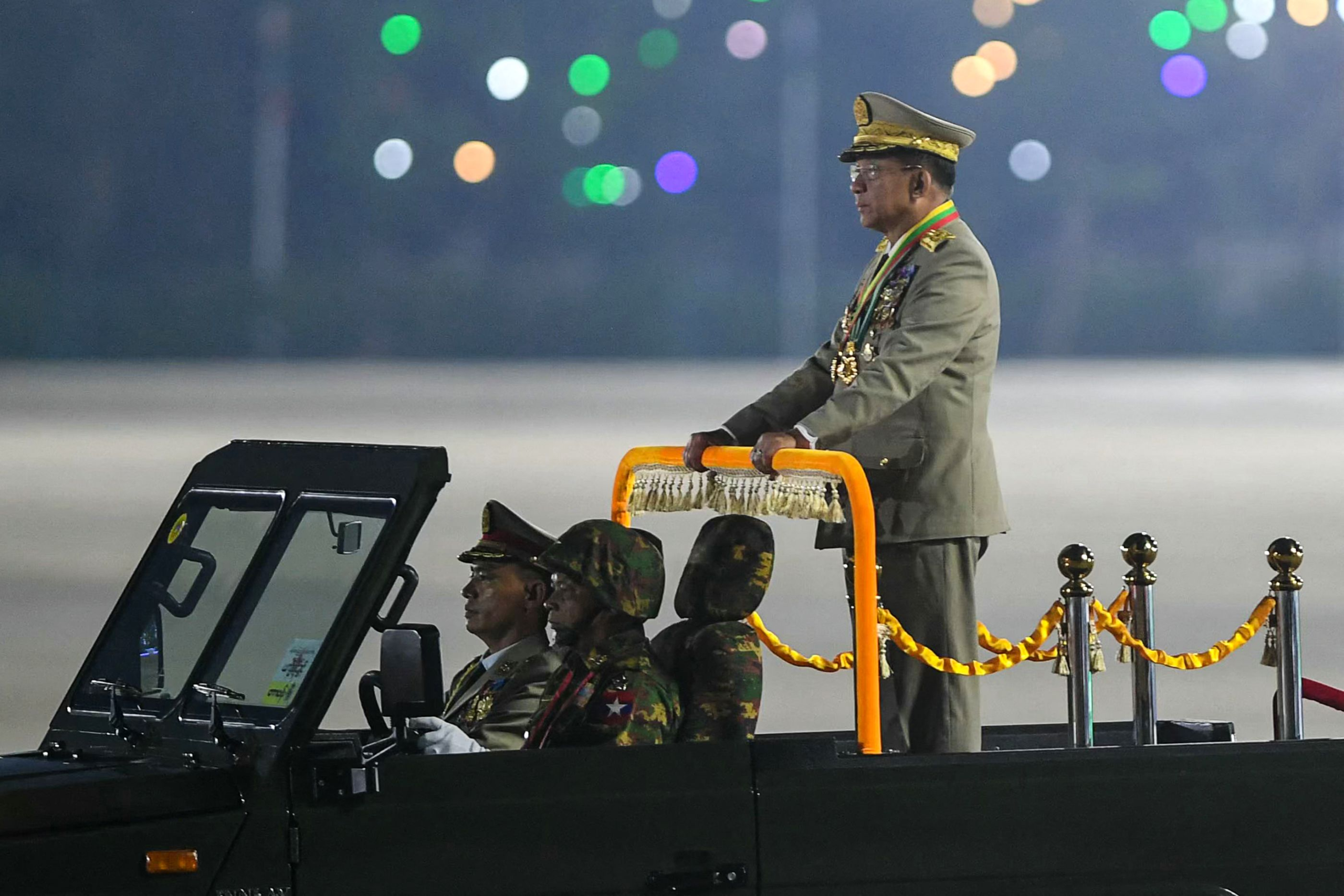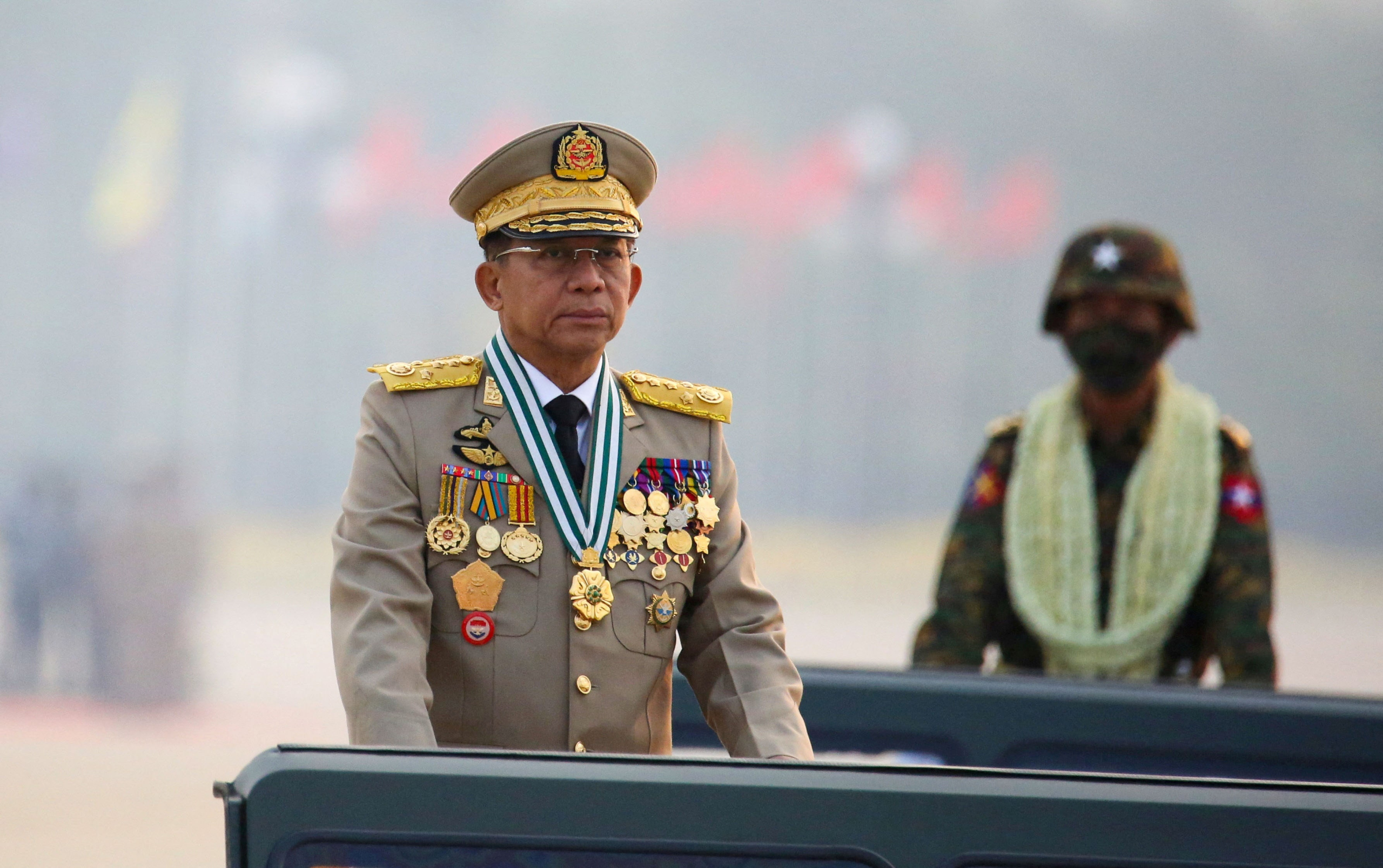Myanmar’s junta concedes its 2025 election won’t be nationwide

Limited polls amid an expanding civil war
Myanmar’s military ruler Min Aung Hlaing has publicly acknowledged that the general election slated to begin in late December 2025 will not be held across the entire country, citing widespread conflict and patchy administrative control. It is the clearest admission yet that the army cannot guarantee voting in swathes of territory seized or contested by resistance forces since the 2021 coup. Officials say a preparatory census to compile voter lists covered only 145 of the nation’s 330 townships, leaving nearly half the country outside the baseline needed to run polling. For communities displaced by fighting, the prospect of representation looks remote. Diplomats say the limited vote will likely face legitimacy questions from neighbors and the West, while the military insists it is a step toward “orderly” politics. The junta has invited observers from the Association of Southeast Asian Nations, but critics note that key opposition parties remain banned or constrained.

The ground rules tilt heavily toward the military’s proxies. Myanmar’s election law now requires parties to field at least 50,000 members and deposit 100 million kyat to qualify—thresholds many groups cannot meet after years of crackdowns and exile. Humanitarian conditions complicate everything: fighting along key corridors has disrupted aid, inflation has gnawed paychecks, and intermittent blackouts strain cities. Security risks, from improvised explosives to targeted assassinations, make campaigning dangerous. Regional capitals will weigh how to respond: ASEAN has pushed for dialogue since 2021 but has struggled to broker tangible concessions. If the army presses ahead with partial polls, it will trade breadth for optics—seeking a mandate where it can run ballot boxes and declaring progress elsewhere as conditions “permit.” For voters in calmer districts, local concerns—jobs, electricity, market prices—will dominate. For the insurgency, the calendar may serve as leverage to extract prisoner releases or humanitarian corridors. Either way, Myanmar is heading toward an election that can’t stitch the nation together. The question now is whether a partial mandate becomes a bridge to wider talks—or cements a fractured political map for another year.












